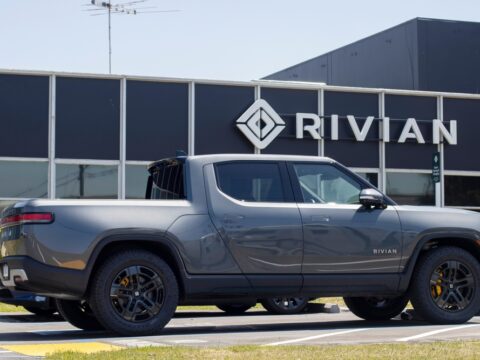As we dive into an era where technological innovations shape our daily lives, a new monetization strategy is sweeping across the auto industry that may leave car owners with a sense of leasing rather than owning their vehicles. Welcome to the subscription economy, where your car’s features are no longer yours after driving off the lot.
Contents
Advanced Navigation Systems (Mercedes-Benz)
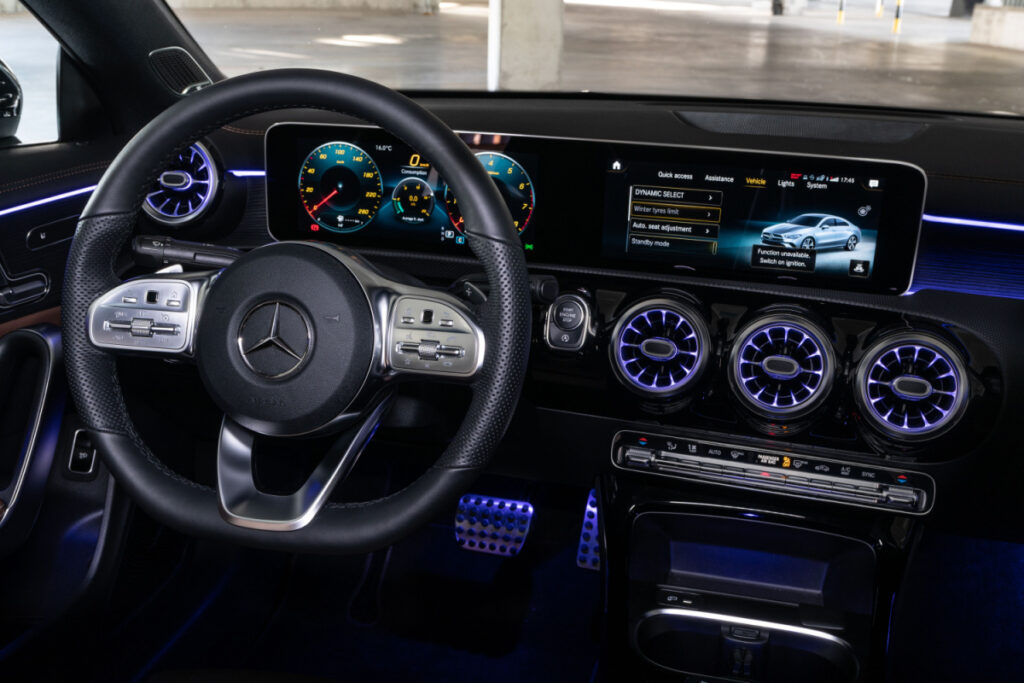
Mercedes’ COMAND system provides real-time traffic updates and points of interest and has moved towards a subscription-based model. The brand justifies this as necessary due to the ongoing data update costs. The pricing is around $14 per month.
Connected Car Features (BMW)
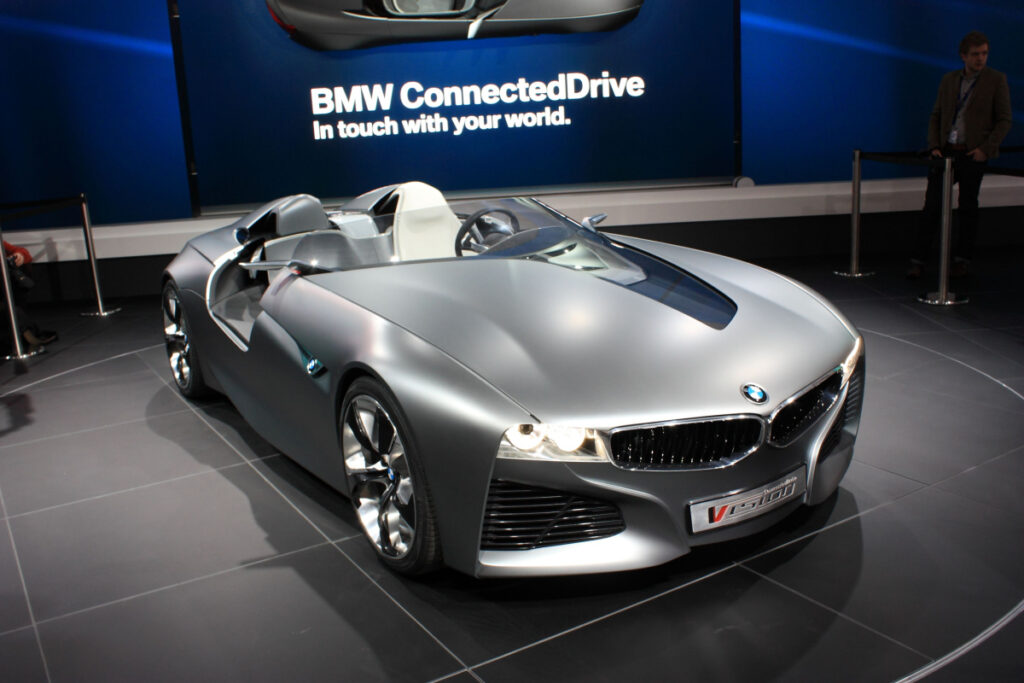
BMW’s ConnectedDrive, offering remote engine start, climate pre-conditioning, and real-time vehicle tracking, requires a subscription. BMW argues the cost of maintaining the servers and technology for these services justifies the subscription, which can cost around $50 per month.
Advanced Safety Features (Tesla)
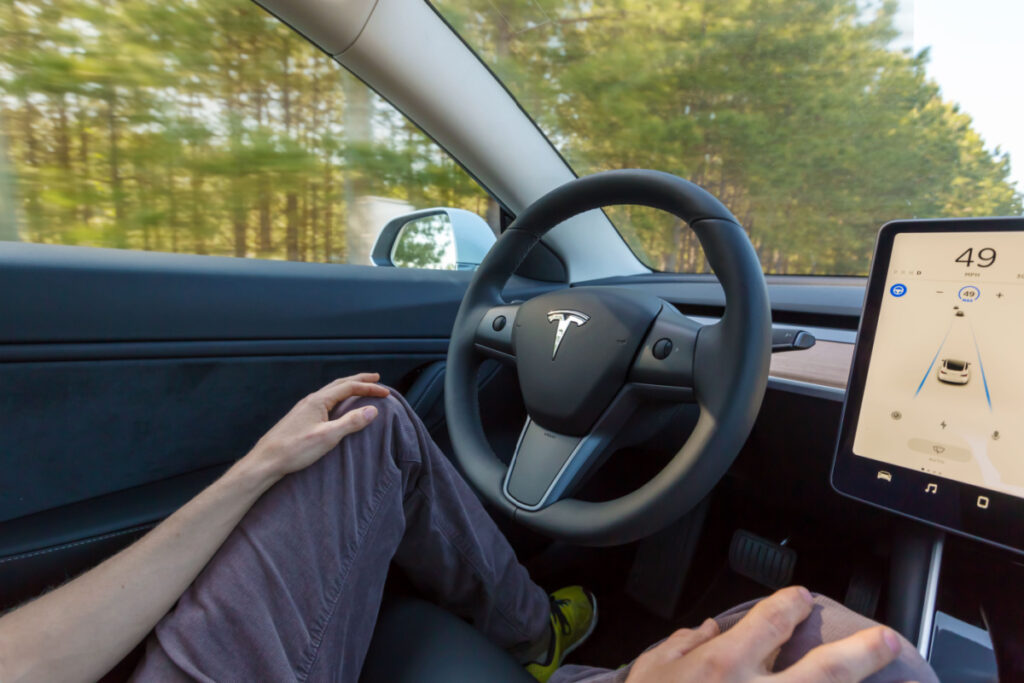
Tesla’s Autopilot system, which offers semi-autonomous driving, is now behind a subscription paywall, priced at $199 per month. Tesla cites the ongoing costs of system maintenance and software updates for safety standards as reasons for the subscription model.
Remote Diagnostic Services (General Motors)
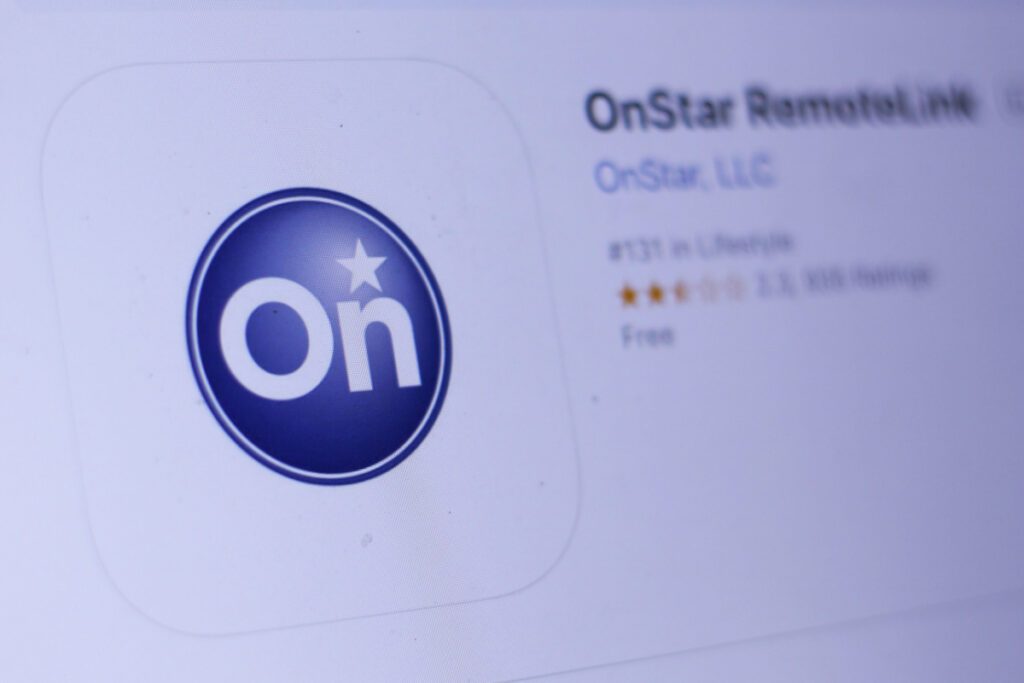
GM’s OnStar service offers remote diagnostic capabilities and predictive maintenance alerts for a monthly subscription of about $35. GM cites continuous monitoring costs and predictive analysis to justify the fee.
In-Car Wi-Fi (Audi)
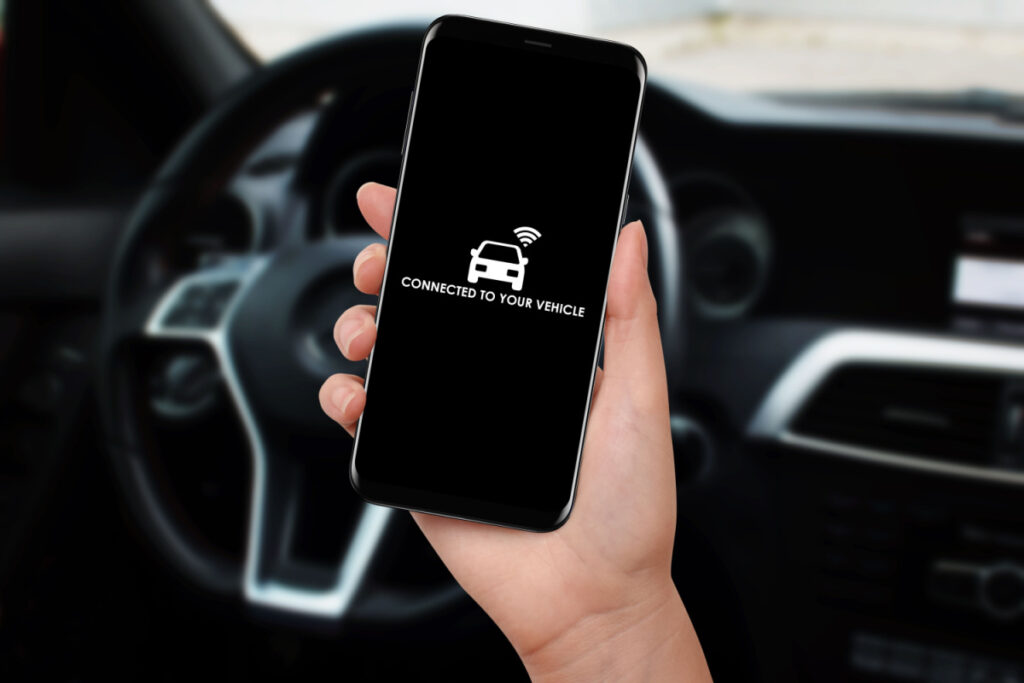
Audi offers in-car Wi-Fi for a monthly subscription fee, which varies based on data usage but can range from $20 to $50 per month. Audi states that the costs associated with maintaining a dedicated cellular data connection justify the fee.
Electric Vehicle Charging Network Access (Tesla)
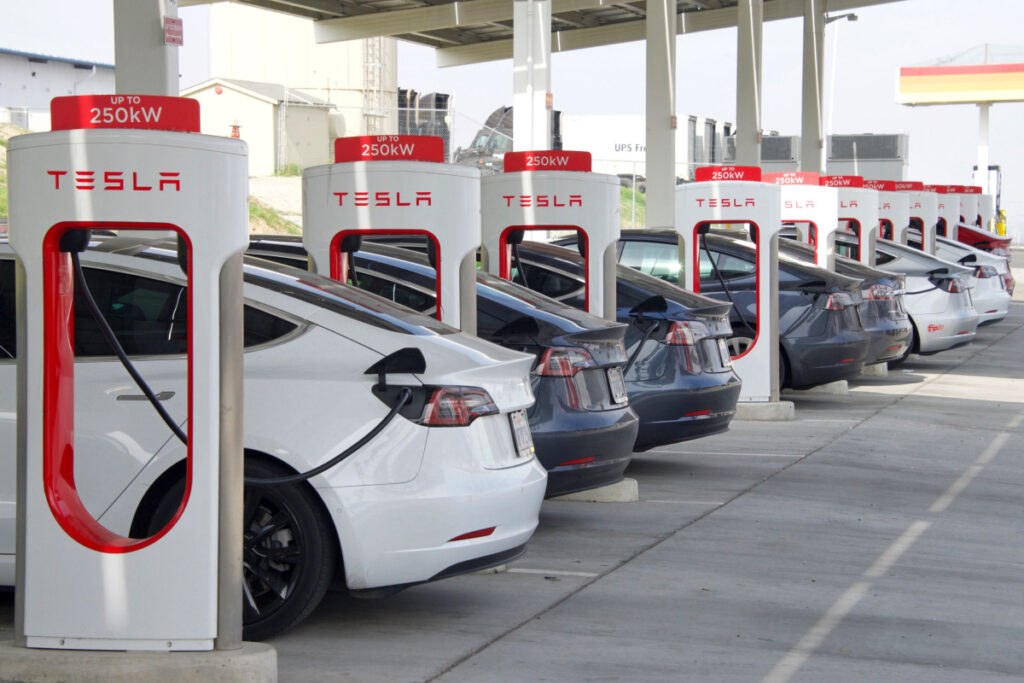
Tesla locks access to their Supercharger network behind a paywall. Tesla justifies the subscription, costing $12 monthly, citing infrastructure and maintenance costs.
In-Car Entertainment (Tesla)
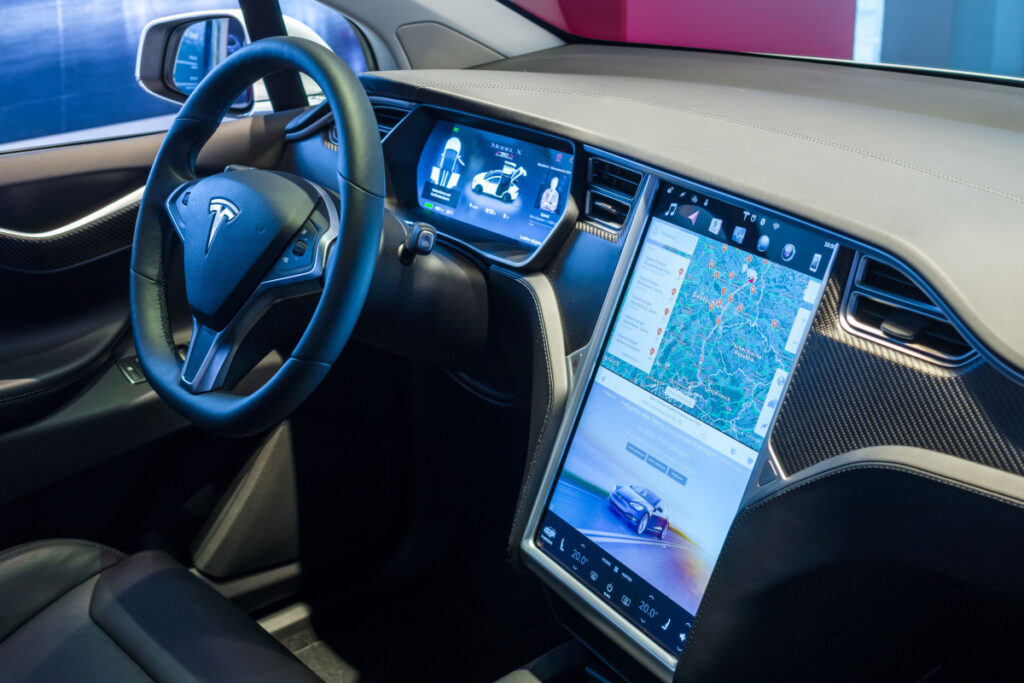
Tesla’s premium connectivity package, including music streaming and video services, costs $9.99 monthly. Tesla argues that ongoing data costs and licensing agreements with media companies justify the subscription fee.
Heated Seats (BMW)
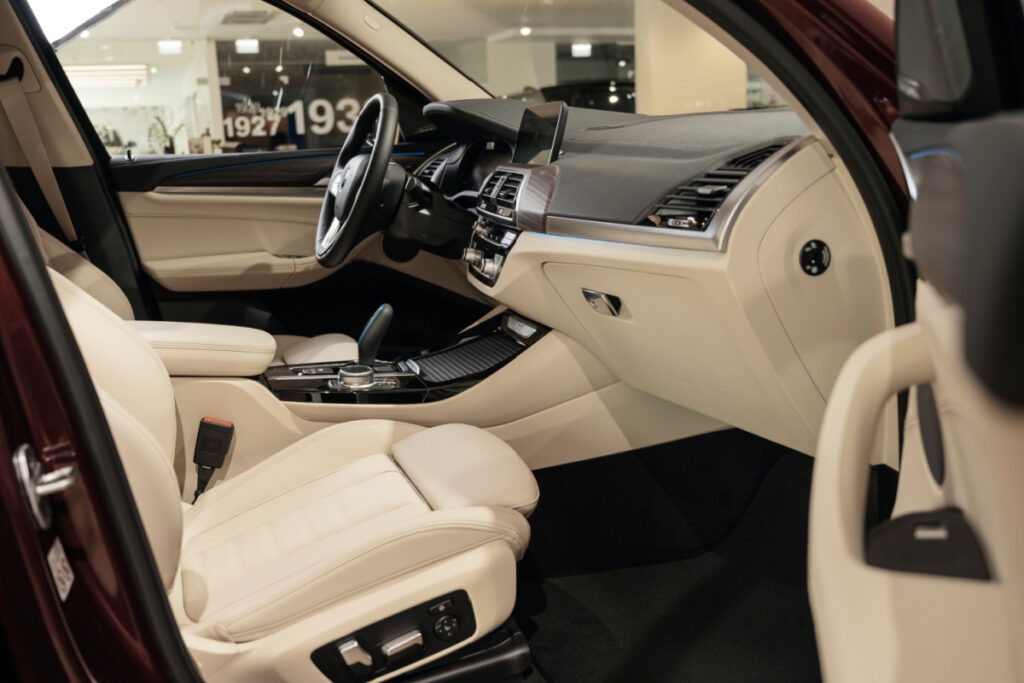
BMW now charges a subscription fee for heated seats, allowing customers to activate the feature only during the colder months when needed. Pricing details vary but can be around $20 monthly during active months.
Keyless Entry and Start (Volvo)
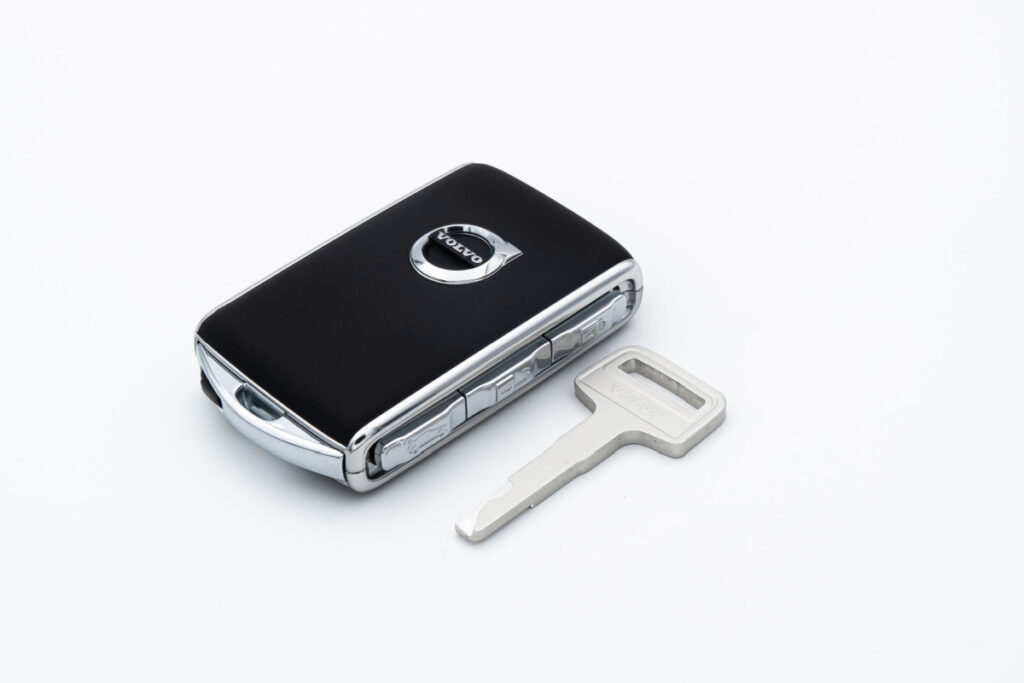
Volvo has begun making this feature a monthly subscription-based add-on for around $15. They justify the cost with the need for continuous software updates and security enhancements.
Dynamic LED Headlights (Audi)

Audi is considering making adaptive or “matrix” LED headlights a subscription feature. The ongoing development and software updates to improve functionality are used as justifications for the model.
This article originally appeared on MyCarMakesNoise.
More from MyCarMakesNoise
Top 20 Rarest Chrysler Cars Ever Made

Chrysler has made its mark in the automotive world with models ranging from roaring ’60s engines to innovative 21st-century designs. Among them, a few rare ones stand out not just for their engineering and design but also for their scarcity. Read More
20 Motorcycles with Divisive Reactions

Motorcycles, often seen as symbols of freedom, rebellion, and style, have captured the imaginations of enthusiasts for generations. Yet, not all bikes bask in the glow of universal admiration. Read More
20 Timeless American Muscle Cars Holding Their Value

Muscle cars, with their powerful engines and iconic designs, represent a classic era of American automobiles. This article looks at these legendary cars that have increased in value over time, highlighting their appeal as both investments and cherished collectibles for enthusiasts and collectors. Read More



